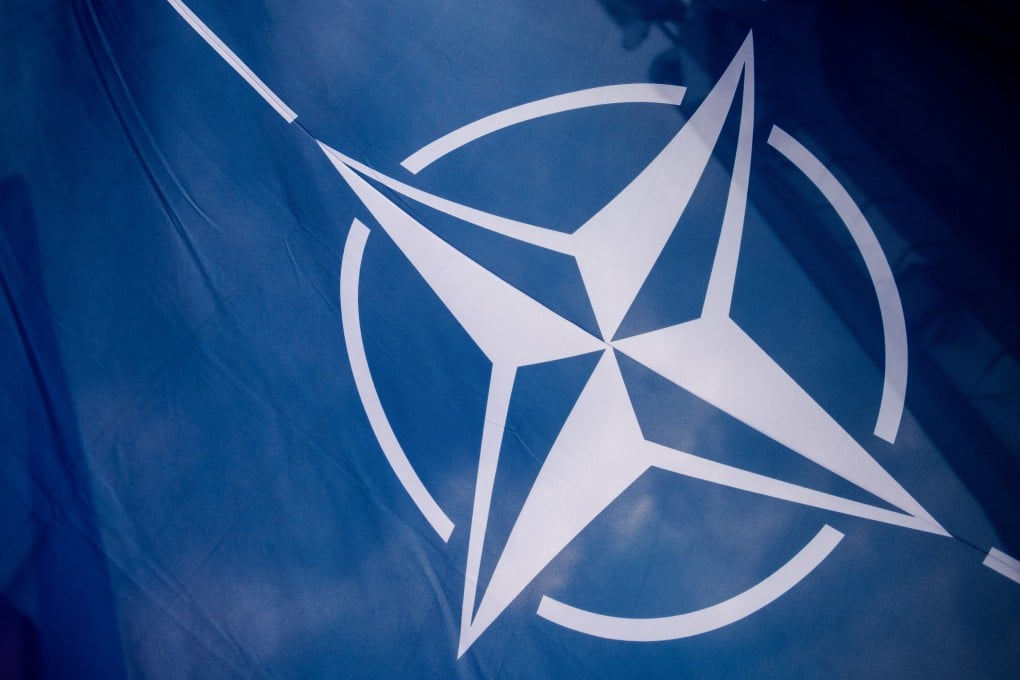Advertisement
Nato office in Japan risks further entangling ties with China: analysts
- Tokyo says Russian aggression in Ukraine is destabilising the world
- But Beijing likely to see the US-led presence as an attempt to check its plans for Taiwan, analysts say
Reading Time:2 minutes
Why you can trust SCMP
15

Japan’s plan for a Nato liaison office will further complicate Tokyo’s relations with China, with Beijing likely to see the move as a challenge to its reunification plan with Taiwan, according to analysts.
Japanese Foreign Minister Yoshimasa Hayashi said on Wednesday that Japan was in talks to open Nato’s first liaison office in Asia, citing Russia’s invasion of Ukraine as a driving factor.
“The reason why we are discussing about this is that since the aggression by Russia to Ukraine, the world [has] become more unstable,” he said in an interview with CNN.
Advertisement
Hayashi’s remarks quickly drew a rebuke from Chinese foreign ministry spokeswoman Mao Ning, who criticised the plan as “Nato’s continual eastward expansion in the Asia-Pacific, interference in regional affairs and an attempt to destroy regional peace and stability”.
Beijing has warned countries from meddling in Taiwan, saying it still aims to bring the island back into its fold through peaceful means but will not rule out the use of force to do so. Most countries, including the United States, do not recognise Taiwan as a sovereign state but have rejected any unilateral effort to change the island’s status quo by force.
Advertisement
Advertisement
Select Voice
Select Speed
1.00x
